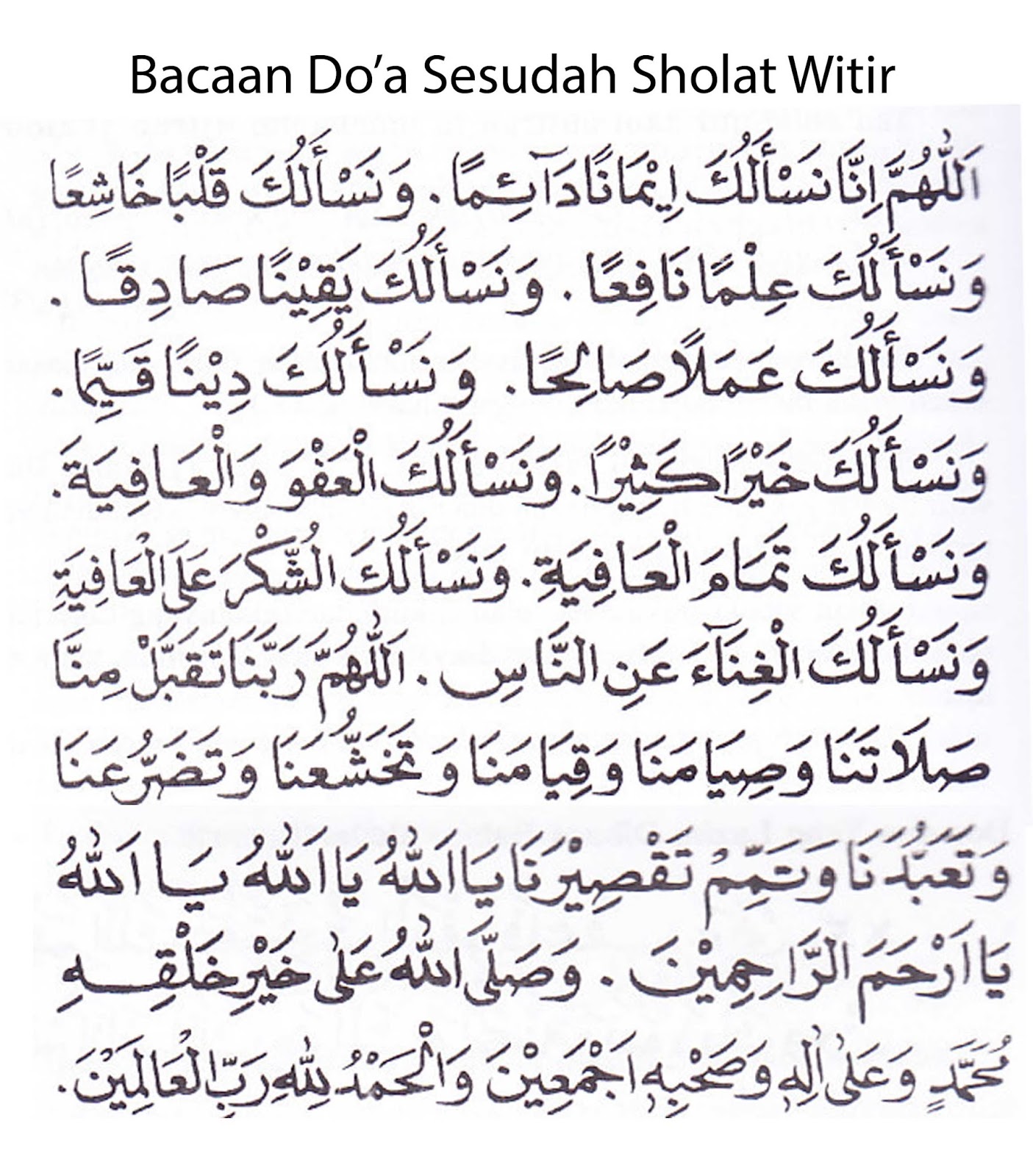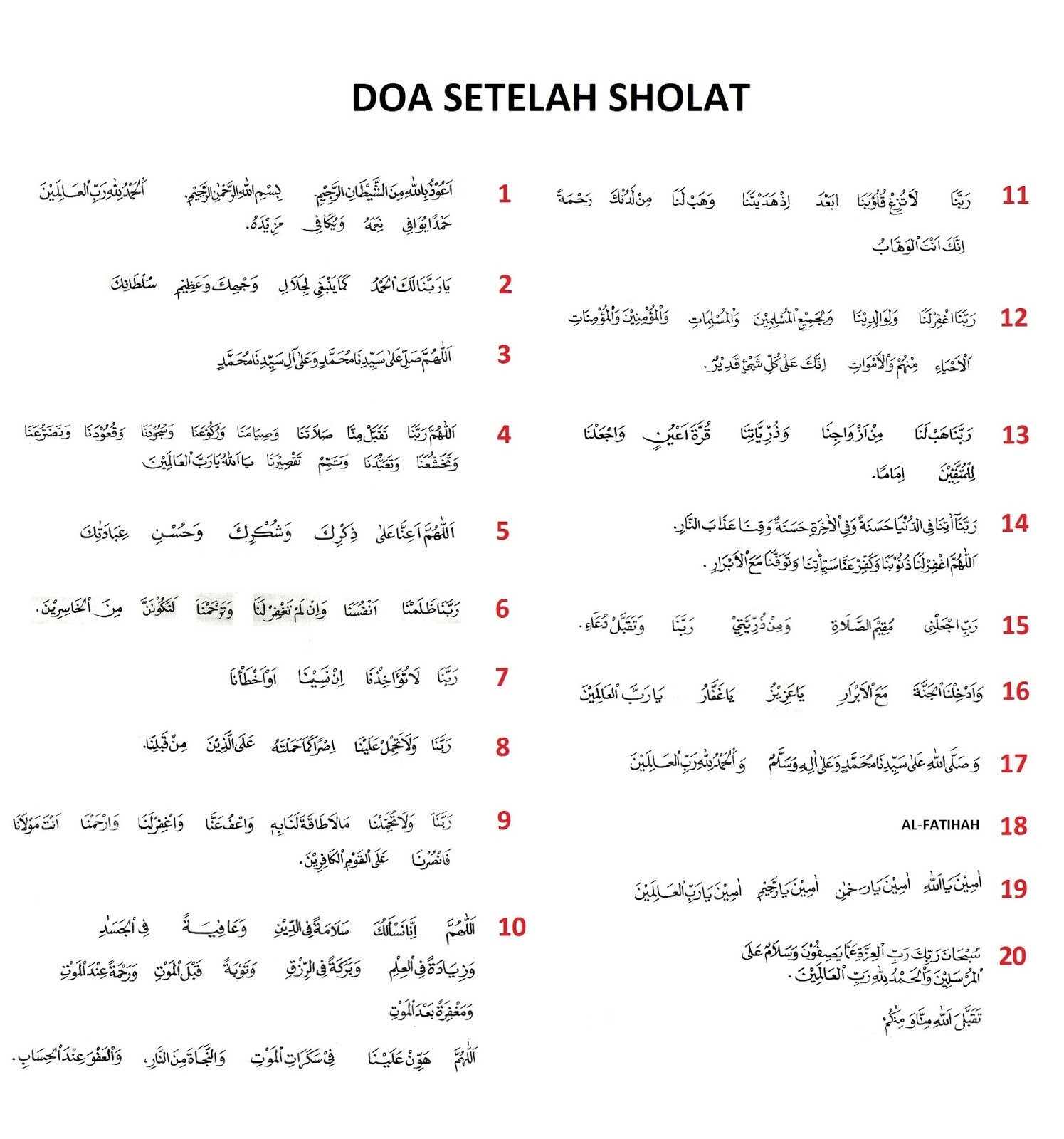Imagine stepping out of a conversation with a close friend, feeling heard, understood, and deeply connected. Now, imagine that friend is the Most Merciful, the All-Knowing, the One who holds your heart in His hands. That's the essence of supplicating after prayer—a sacred space to whisper your hopes, fears, and dreams directly to your Creator.
In the Islamic tradition, prayers are more than just a ritual; they are a lifeline to the Divine. And just as a heartfelt conversation doesn't end abruptly, Muslims are encouraged to prolong this connection through personal supplications, known as "dua" in Arabic. These post-prayer whispers are seen as particularly potent moments, a time when the heart is most receptive and the heavens are most open to our pleas.
The beauty of these post-prayer supplications lies in their fluidity. There are no prescribed words, no rigid formulas. It's a space for raw, unfiltered conversation with the Almighty. Whether you're seeking guidance, forgiveness, gratitude, or simply pouring out your heart, this practice offers solace, hope, and a profound sense of closeness to the Divine.
History reveals that the Prophet Muhammad (peace be upon him) consistently engaged in supplications after his prayers, emphasizing their significance to his companions. These moments weren't about rote repetition but about cultivating a state of mindful presence, a heartfelt yearning for connection, and a deep-seated trust in the Divine's mercy and grace.
One of the primary challenges many face is knowing what to say. The good news is, there's no right or wrong. Your supplications can be as simple or as elaborate as your heart desires. Start with gratitude, acknowledging the blessings in your life. Then, express your needs, worries, and aspirations. Remember, it's not about eloquent words but a sincere heart reaching out.
Benefits of Post-Prayer Supplications
Engaging in supplications after prayer offers numerous benefits for spiritual growth and well-being. Here are some key advantages:
- Deepened Connection: Just as lingering after a conversation with a loved one strengthens your bond, supplicating after prayer nurtures your relationship with the Divine, fostering a sense of intimacy and closeness.
- Increased Gratitude: Taking time to acknowledge blessings, both big and small, cultivates a heart filled with gratitude, leading to greater contentment and peace.
- Elevated Awareness: Consistently turning to the Divine in moments of need and gratitude enhances your awareness of His presence in your life, fostering a sense of reliance and trust in His plan.
Best Practices for Cultivating the Habit
Incorporating post-prayer supplications doesn't require a complete overhaul of your routine. Small, consistent steps can pave the way for a more fulfilling spiritual practice:
- Start Small: Begin with a few moments of silent reflection after each prayer, gradually increasing the duration as you feel more comfortable.
- Create a Dedicated Space: Find a quiet corner in your home where you can sit comfortably and focus solely on your connection with the Divine.
- Use a Physical Aid: Keeping a prayer bead or a journal handy can help you stay focused and track your supplications over time.
- Explore Authentic Resources: Seek out books, websites, or apps that offer guidance and inspiration for meaningful supplications.
- Be Patient and Consistent: Building any new habit takes time and effort. Be kind to yourself, stay consistent, and trust in the process.
Frequently Asked Questions
Here are answers to common questions about post-prayer supplications:
- Q: Can I make supplications in my own language?
A: Absolutely! Supplications should come from the heart, and using language that resonates with you is encouraged. - Q: What if I don't know what to say?
A: Start with gratitude. Thank your Creator for the blessings in your life, then express your needs and concerns openly and honestly. - Q: Is there a specific posture I should maintain?
A: While raising your hands in supplication is a common practice, the most important aspect is the sincerity of your heart. Choose a posture that allows you to focus and feel connected. - Q: Can I make supplications for others?
A: Yes, making supplications for family, friends, and even strangers is a beautiful act of compassion and is highly encouraged. - Q: What if my supplications aren't answered immediately?
A: Remember that the Divine's wisdom surpasses our understanding. Trust in His timing and have faith that He hears and responds to every sincere plea in the most beneficial way. - Q: Are there specific times when supplications are more likely to be accepted?
A: While every moment is an opportunity to connect with the Divine, certain times, such as the last third of the night, are considered especially blessed. - Q: Can I write down my supplications?
A: Yes, keeping a prayer journal can be a powerful tool for reflection, gratitude, and tracking your spiritual growth. - Q: I struggle with distractions during supplication. What can I do?
A: Finding a quiet space, silencing electronic devices, and using a physical aid like prayer beads can help minimize distractions and enhance focus.
Tips for Enhancing Your Practice
- Embrace Authenticity: Speak from the heart. Your supplications are between you and your Creator.
- Cultivate Presence: Minimize distractions and cultivate a state of mindfulness during your supplications.
- Reflect and Review: Regularly revisit your prayer journal to track answered supplications and acknowledge your blessings.
- Seek Knowledge: Deepen your understanding of supplications through authentic Islamic resources like books, lectures, and websites.
- Persevere with Patience: Building a strong connection takes time and effort. Remain consistent in your practice and trust in the Divine's wisdom.
In a world filled with distractions and uncertainties, post-prayer supplications offer a sanctuary for the soul, a direct line to seek solace, guidance, and a deeper connection with the Divine. Embracing this practice, even in small ways, can have a profound impact on your spiritual well-being, nurturing gratitude, fostering hope, and reminding you that you are never alone in your journey. Step into this sacred space with an open heart, and witness the transformative power of these intimate conversations with your Creator.
The heart stopping race to the olympics unveiling the us track and field trials
Unlocking the best toyota rav4 price in uae your ultimate guide
Level up your discord game the ultimate guide to matching pfp and banners
kumpulan doa setelah sholat - Khao Tick On
kumpulan doa setelah sholat - Khao Tick On
kumpulan doa setelah sholat - Khao Tick On
kumpulan doa setelah sholat - Khao Tick On
kumpulan doa setelah sholat - Khao Tick On
kumpulan doa setelah sholat - Khao Tick On
kumpulan doa setelah sholat - Khao Tick On
kumpulan doa setelah sholat - Khao Tick On
kumpulan doa setelah sholat - Khao Tick On
kumpulan doa setelah sholat - Khao Tick On
kumpulan doa setelah sholat - Khao Tick On
kumpulan doa setelah sholat - Khao Tick On
kumpulan doa setelah sholat - Khao Tick On
kumpulan doa setelah sholat - Khao Tick On
kumpulan doa setelah sholat - Khao Tick On














